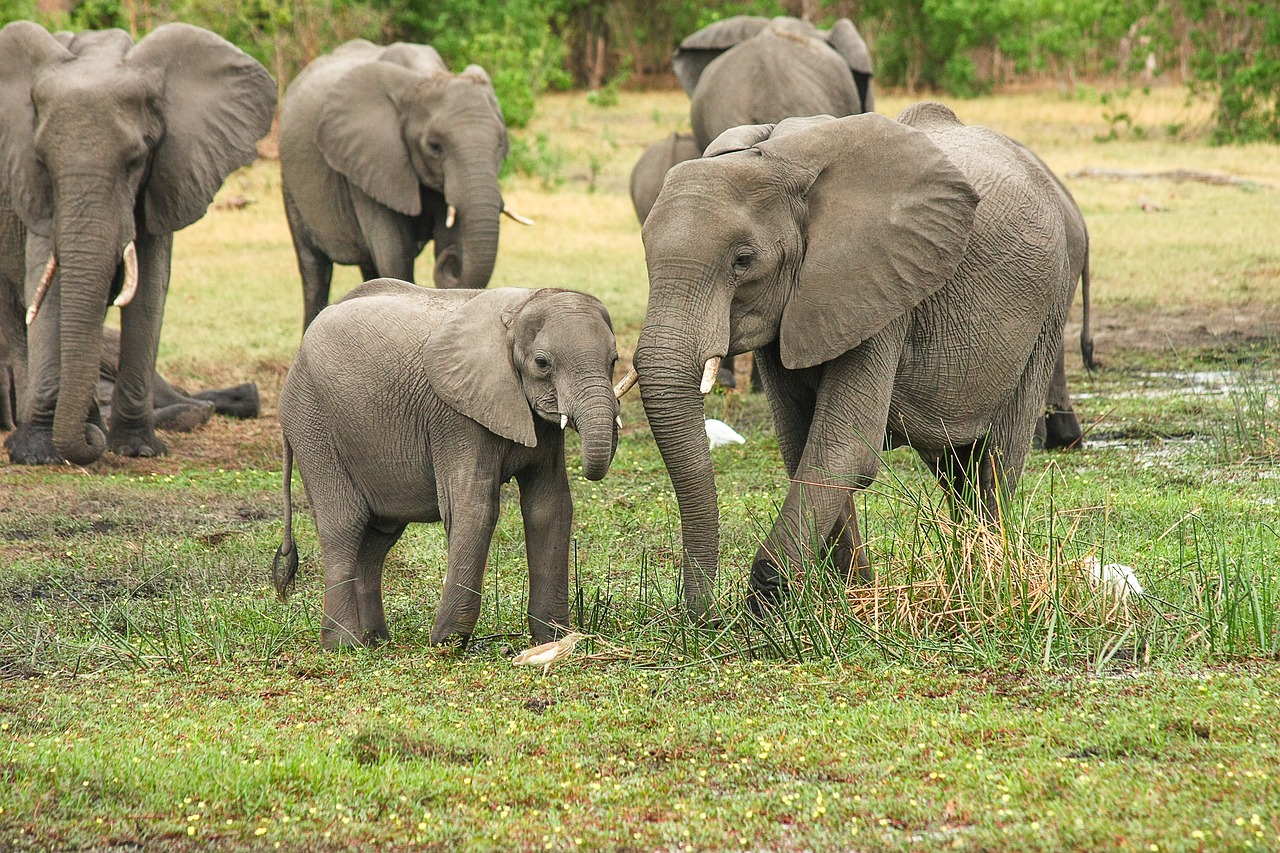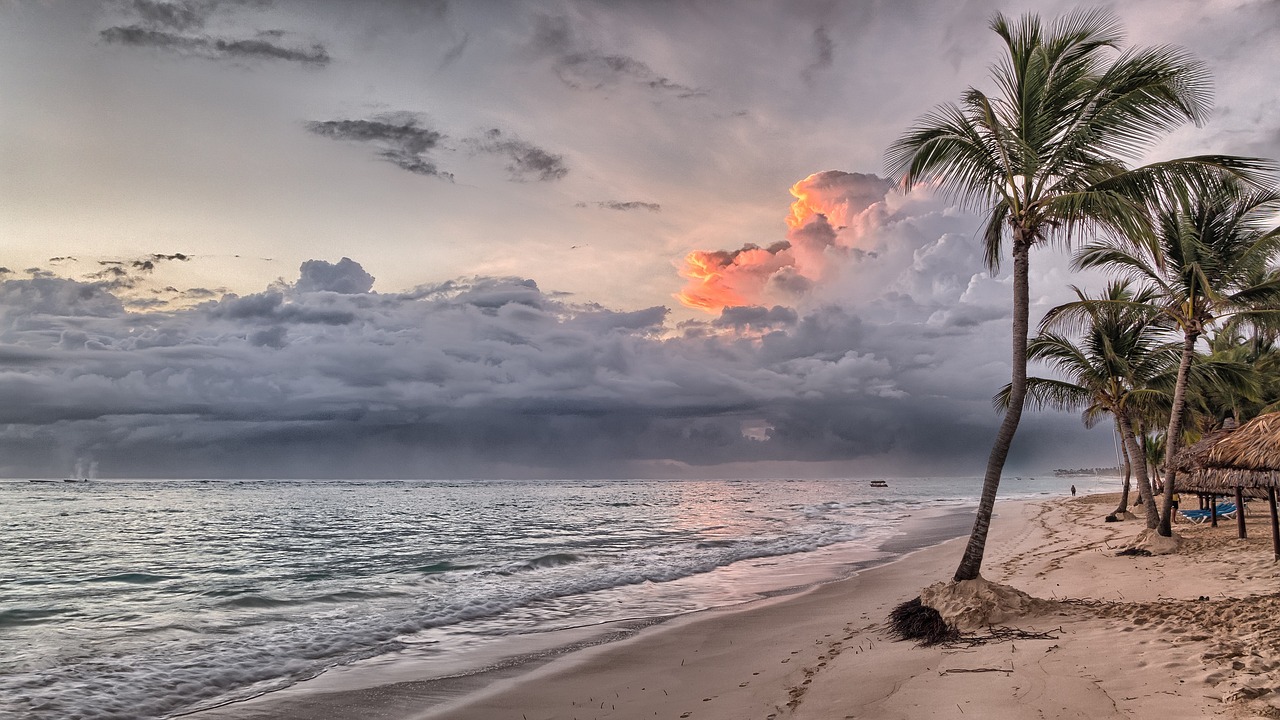The Unseen Power Crisis: How Load Shedding Impacts South Africa’s Tourism Industry
South Africa, a country globally celebrated for its diverse wildlife, unique cultural heritage, and scenic landscapes, has been grappling with an unseen crisis impacting one of its main economic drivers-the tourism industry. The culprit? The persistent issue of electricity load shedding.
Load shedding, or the deliberate shutdown of electric power in parts or sections of a power-distribution system, is not a new phenomenon in South Africa. However, its impacts have become increasingly pronounced in recent years, significantly affecting the tourism sector’s performance. According to data released by the South African Tourism Business Council (TBCSA), the South African tourism business index for the first half of 2023 stood at only 76.0 points. This sub-100 score paints a picture of an industry struggling to keep up due to multiple challenges, with load shedding being the primary antagonist.
A staggering 80% of businesses within the tourism sector identify this power crisis as a significant deterrent to their operations. This percentage reflects a hard reality; without stable access to electricity, many facilities find it challenging to provide the services essential for tourists’ experiences. Everything from hotel accommodations, travel agencies, excursion providers to food and beverage facilities are affected. These disruptions lead to cancellations, financial losses, and a deteriorating reputation for the country as a desirable tourist destination.
Despite these setbacks, TBCSA has projected that the South African tourism industry will draw approximately 8.75 million foreign tourists by the end of 2023. By July 2023, the figure had already reached 4.8 million. Although this projection suggests a moderate recovery, the ongoing load shedding issue poses a considerable threat to achieving this goal.
To counteract the detrimental effects of load shedding on the tourism sector, there has been a push towards integrating renewable energy sources and implementing energy-efficient technologies. The South African government has launched several initiatives to promote renewable energy, such as the Renewable Energy Independent Power Producer Procurement Program (REIPPPP), which aims to increase the country’s renewable energy capacity. The program has already attracted over 100 billion ZAR in investment and created over 38,000 jobs in the renewable energy sector.
In addition, many businesses in the tourism industry have taken steps to reduce their reliance on the national power grid and implement alternative energy sources. For example, some hotels have installed solar panels to generate their electricity, while others have invested in energy-efficient lighting and heating systems.
While these efforts are commendable, much more needs to be done to mitigate the impact of load shedding on the tourism sector. The government must continue to prioritize renewable energy and provide incentives for businesses to invest in alternative energy sources. Additionally, businesses in the tourism industry must continue to explore innovative solutions to reduce their reliance on the national power grid and minimize the impact of load shedding on their operations.
In conclusion, load shedding remains a significant challenge facing the South African tourism industry. However, with continued efforts towards renewable energy and energy-efficient technologies, there is hope for a sustainable recovery. As a country with so much to offer in terms of natural beauty, cultural heritage, and wildlife, it is essential that we work together to ensure that load shedding does not detract from South Africa’s status as a world-class tourist destination.
Post time: Sep-12-2023




